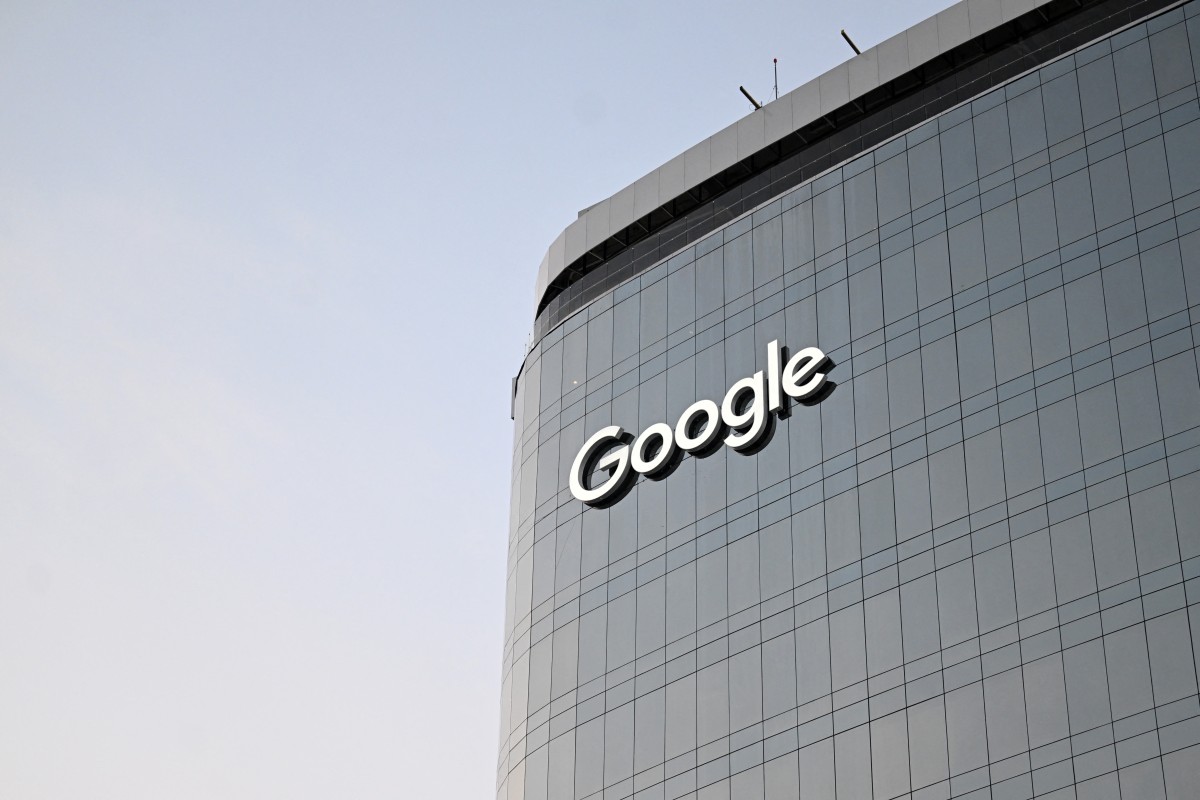
403
Sorry!!
Error! We're sorry, but the page you were looking for doesn't exist.
Google to face lawsuits over alleged unauthorized data collection via Chrome
(MENAFN) A U.S. appeals court has ruled that Google must proceed with legal challenges related to allegations of unauthorized data collection through its Chrome web browser. Users who opted not to sync Chrome with their Google accounts, such as Gmail or YouTube, believed—based on the browser’s terms at the time—that their personal information would not be collected or utilized by Google. This belief was central to the class action lawsuit that the San Francisco 2nd Circuit Court of Appeals has revived.
Initially, a lower court dismissed the lawsuit, asserting that Google had demonstrated users' consent to the collection of their private data. However, the appeals court found that the terminology used by Google could be misleading. The court's decision emphasizes that the case should be evaluated from the perspective of an average user, rather than assuming that users have the expertise of a seasoned business lawyer to interpret complex legal language.
The court highlighted that Google's notices, which suggested that personal information would not be sent to Google unless "sync" was enabled, might reasonably lead users to believe that their data would remain uncollected if sync was not activated. In response, Google expressed disagreement with the ruling, arguing that their privacy controls and Chrome Sync features are designed to help users manage their data seamlessly across devices. The company also noted that, in December, it agreed to erase data collected from users as part of a settlement concerning Chrome's Incognito mode, which was criticized for misleading users about privacy protections.
Initially, a lower court dismissed the lawsuit, asserting that Google had demonstrated users' consent to the collection of their private data. However, the appeals court found that the terminology used by Google could be misleading. The court's decision emphasizes that the case should be evaluated from the perspective of an average user, rather than assuming that users have the expertise of a seasoned business lawyer to interpret complex legal language.
The court highlighted that Google's notices, which suggested that personal information would not be sent to Google unless "sync" was enabled, might reasonably lead users to believe that their data would remain uncollected if sync was not activated. In response, Google expressed disagreement with the ruling, arguing that their privacy controls and Chrome Sync features are designed to help users manage their data seamlessly across devices. The company also noted that, in December, it agreed to erase data collected from users as part of a settlement concerning Chrome's Incognito mode, which was criticized for misleading users about privacy protections.

Legal Disclaimer:
MENAFN provides the
information “as is” without warranty of any kind. We do not accept
any responsibility or liability for the accuracy, content, images,
videos, licenses, completeness, legality, or reliability of the information
contained in this article. If you have any complaints or copyright
issues related to this article, kindly contact the provider above.














Comments
No comment